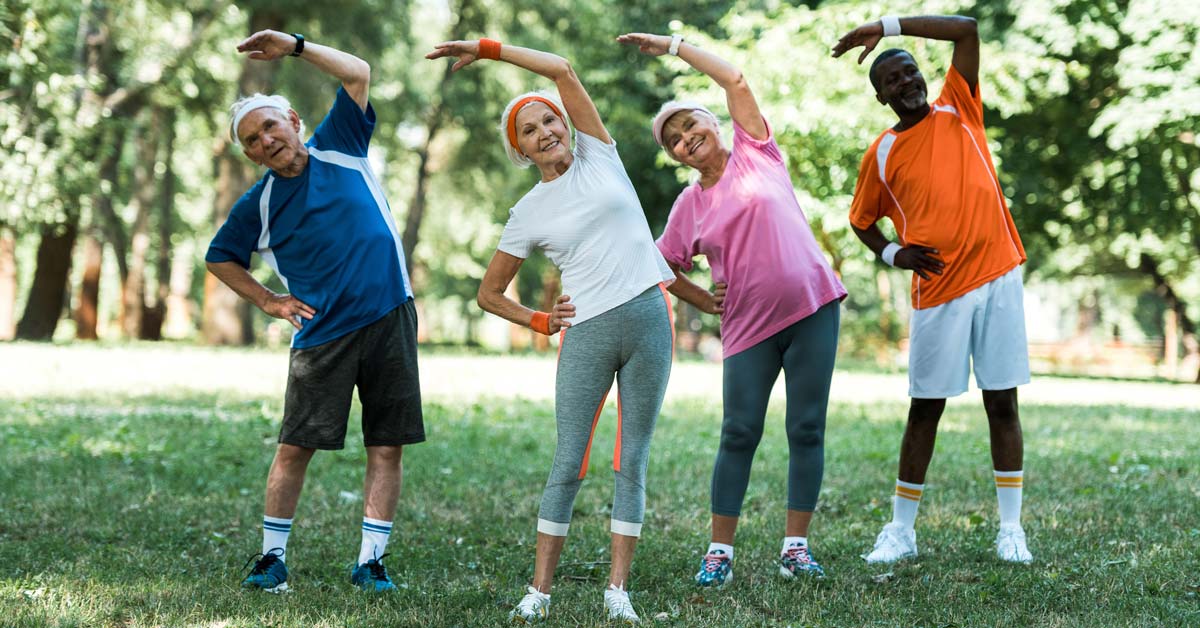Use it or Lose it: How Activity Theory Helps Us Understand Health and Happiness

Most people wonder how they can maintain well-being into later life. Activity Theory is one framework that addresses this question and encompasses three primary domains: the physical, cognitive, and social aspects of life. So if you’re looking for potential answers to the question above, you’ve come to the right place!
Firstly, most already know the importance of exercise. It is normal for muscles and bones to lose their strength over time, but those who incorporate physical activity into each day are more likely to retain strength, integrity in muscles, and mobility. Exercise also helps with blood flow and body regulation, thus boosting the immune system. Activities such as walking, stretching, swimming, dancing, and even light lifting are all activities that can keep aging adults healthy and happy. Even if it’s just five minutes of exercise every day, something is better than nothing!
The cognitive domain involves anything dealing with problem solving and mental stimulation. Even the best swimmers or strongest lifters likely wouldn’t do well without some meaningful mental activity. Puzzles, games such as chess or Scrabble, reading, debating, and creative writing are only a few examples of the many ways to keep the mind engaged. Think of the brain as a muscle that should also be worked and strengthened. So pick up that book, that new recipe, or that old board game and start working!
The final domain involves socialization. Of course, relationships change over time. We strengthen some, lose some, and find new ones. But humans are social creatures and usually depend on healthy social ties in older to maintain good well-being. This doesn’t involve any sort of social interaction, though; it involves connection with those who make you feel supported and cared for. This fosters feelings of happiness and joy, which then promote positive physiological effects (ex. boost in immune system). So call a close friend, visit a caring family member, and reach out to that funny coworker – anything to get you that dose of positive community.
So if you’d like to maintain good health as an older adult, aim to incorporate all of these facets (physical, cognitive, social) into your daily life. I’m sure you won’t regret it.
Jordan Broussard, MS
